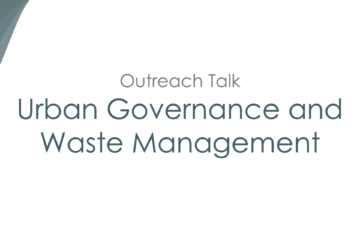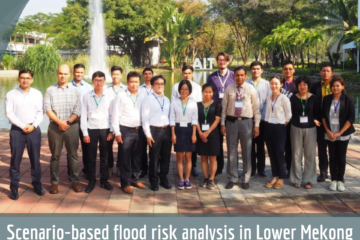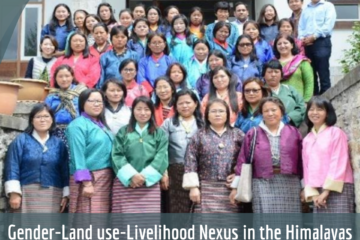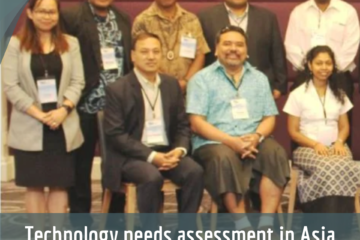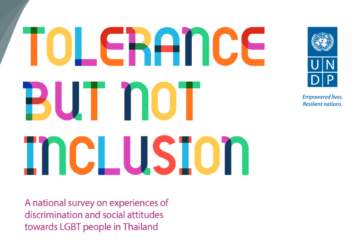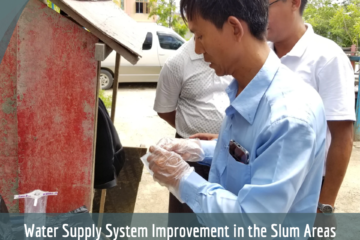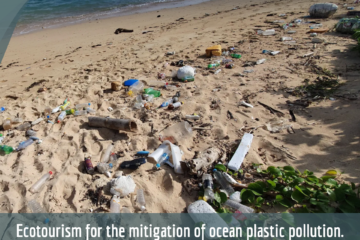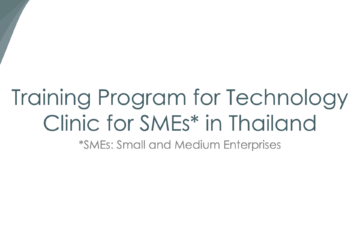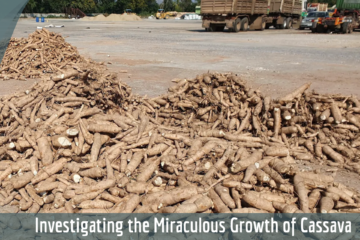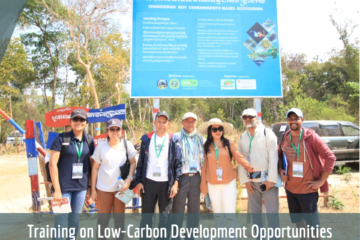Goal 11
Outreach lecture on “Urban Governance and Waste Management” at the joint workshop on “Strengthening Governance for Low-carbon Integrated Solid Wastes Management and Circular Economy” organized by UNITAR, GTC Korea, and UNEP
Since 2018, Dr. Sohee M. Kim, Assistant Professor at UEM has been participated as a guest lecturer in the capacity building & training programs and student workshop on “Low-carbon Integrated Solid Wastes Management and Circular Economy”, organized and funded by United Nations Institute for Training and Research (UNITAR), Green Technology Center (GTC) of Korea, and UN Environment.
Keywords Circular economy, Sustainable consumption and production, Solid waste management, Urban governance
(more…)